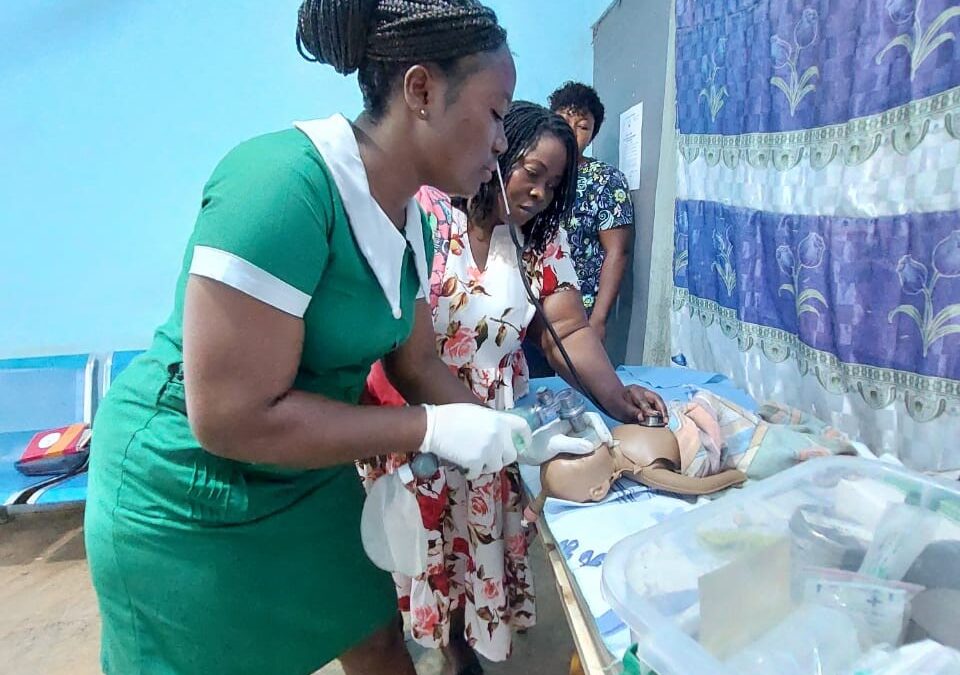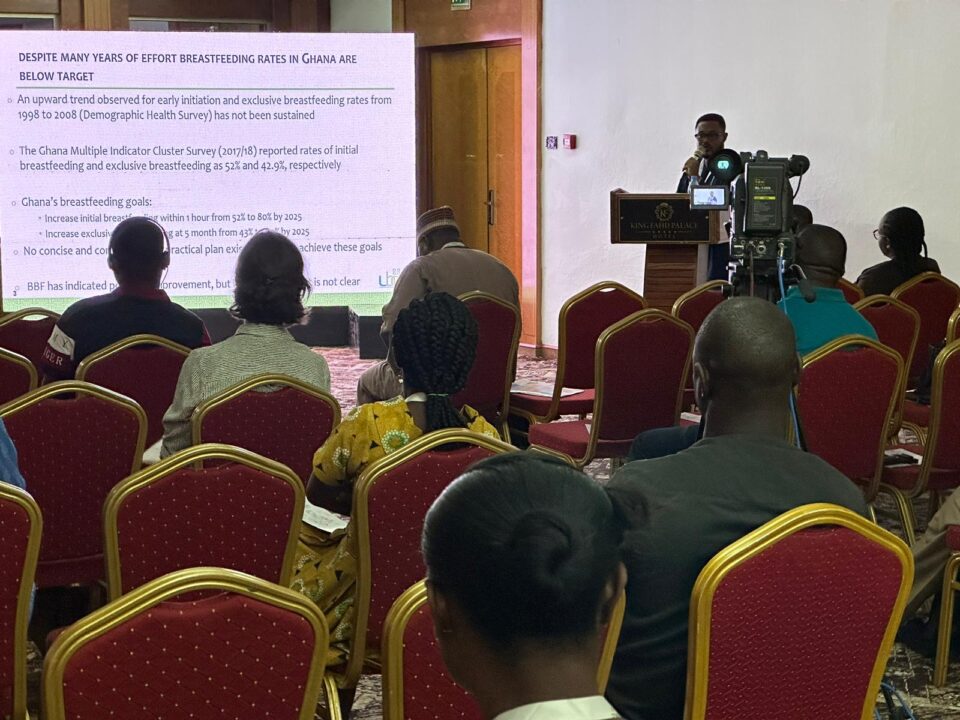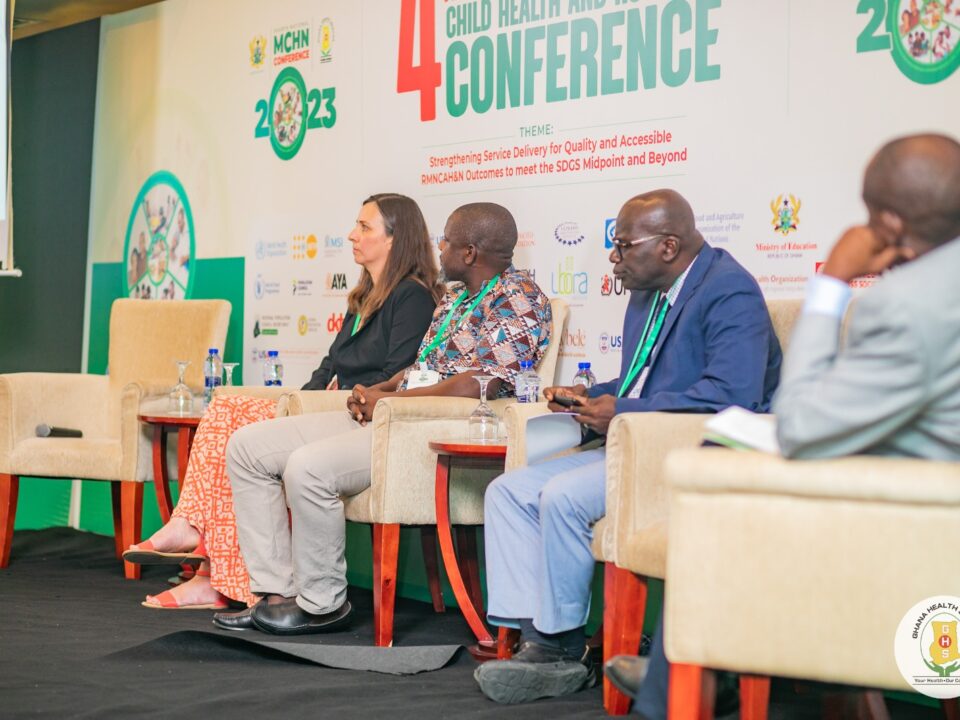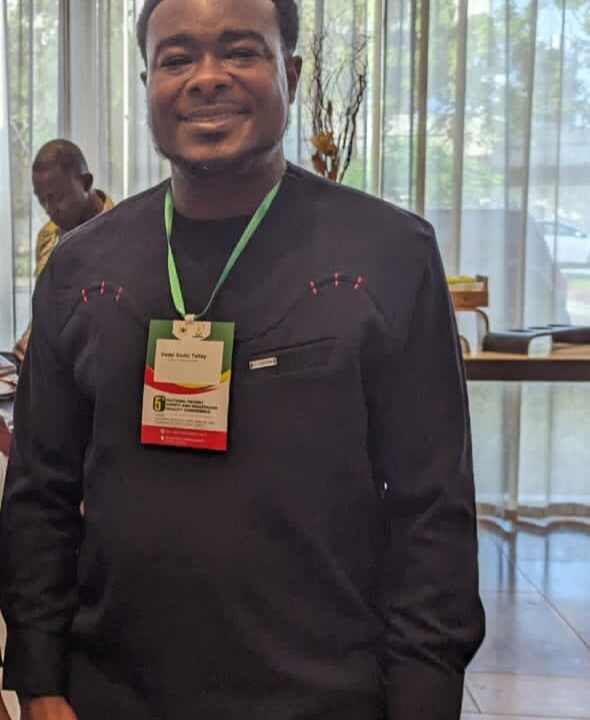Revitalizing Peer Mentorship: A moment To Pause, Reflect and Re-strategize

The Breastmilk for Life project reaches important milestone
July 6, 2023
MCGL holds Networks of Practice Family Health Meetings in Zone of Influence
July 17, 2023Peer mentorship is being recognized as an effective strategy for enhancing the skills and capabilities of healthcare professionals to deliver high-quality care. A landscape assessment conducted by MCGL in 2021 identified a lack of clinical competence among health professionals as a contributing factor to maternal and neonatal mortality.
To address this gap, MCGL developed a peer mentorship model that aims to improve the standard of care delivered by frontline staff. In March 2023, 53 healthcare workers, including midwives and public health nurses, received training in various technical areas, including MNH, IMNCI, and IPC/WASH.
Julia Bluestone, a Senior Technical Advisor from Jhpiego, USA, joined the team in Ghana for a two-day meeting to evaluate the peer mentorship model's design and develop a transition strategy for sustainability.
The meeting involved stakeholders from the Ghana Health Service, Ministry of Health, USAID, and the Family Health Division. Julia had the opportunity to witness the positive impact of onsite coaching by a peer mentor at the Kalpohin Health Center, where Samira Issifu, a peer mentor and sub-district head, showcased exceptional mentoring skills.
Peer mentors engage in horizontal mentorship within their own facility on a weekly basis, using Objective Structured Clinical Examination (OSCE) to coach and mentor their colleagues. They also provide vertical mentorship by traveling to different facilities once a month, assessing progress and providing feedback through OSCE.
Mentees graduate from the program when they consistently score above 90% on three consecutive occasions and can then become mentors themselves. Samira highlighted the significant improvement in her ability to manage complex cases without referrals thanks to the training organized by MCGL.
‘’ We no longer refer minor cases to the next level; Mothers and babies now thrive under our care, but in the past, we refer so many cases to the next level, thanks to the training organized by MCGL’’.
However, she also mentioned challenges such as the time-consuming nature of OSCE, which can take an entire day per mentee, and potential disruptions caused by external factors like client interference or emergencies.
Related posts
November 27, 2023
October 17, 2023




